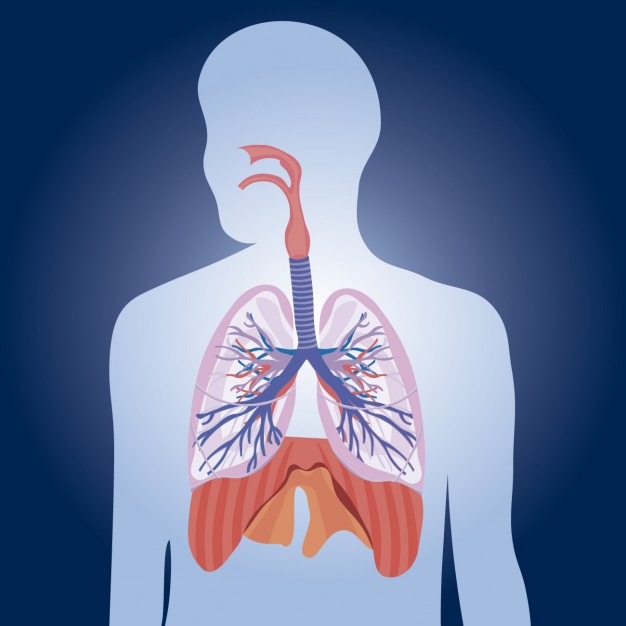Respiratory problems in older people are something that needs to be taken care of properly. Chronic health issues are worrisome and cannot be ignored.
Studies have shown that certain respiratory symptoms that can predict early death in older adults, thus keeping in mind that such predictions do differ with smoking status. The focus is on respiratory disorders in older people. Studies to this effect have been conducted and shortness of breath does cause a shorter life expectancy span despite the smoking status. Cough among former smokers and wheezing in current smokers does shorten life span. It is advisable to visit the doctor in case of mild respiratory symptoms as respiratory disorders in older people can be of a serious nature.
People do grow older and the nation has indeed to deal with health issues faced by these older people. The population is in fact growing older every year. Technology and health care have of course improved the life expectancy despite the fact that many still have unhealthy lifestyles.
Efforts are made to ensure the population lives longer, but one needs to just learn how to live and manage chronic diseases in order to remain independent as for instance respiratory disorders in older people. One has to cope up with chronic diseases and breathing problems can also be chronic. It is estimated that 14 million persons in the United States do suffer from the chronic obstructive pulmonary disease (COPD) and shown an increase of 41.5% since 1982. These patients do pose a challenge to respiratory therapists as they have to plan care that will manage symptoms, prevent complications, and preserve independence in these individuals as long as possible.

As people grow older one’s health deteriorates and the ability to remain healthy also becomes more complex. Respiratory therapists working with older adults do need to understand how these factors impact their patients in order to monitor for complications and also plan out required interventions that are rather effective. Once individuals suffer from a chronic respiratory disorder, the emphasis undergoes a change from prevention and cure to helping individuals preserve as normal a life as possible. Limiting one’s assessments to the physical system will indeed result in care that is incomplete. Elderly patients do often have more than one chronic condition, and the physical, social, as well as the mental status of older individuals, are closely related to their ability to be able to manage daily activities despite their impairments or even disabilities. A holistic approach has to be taken towards this health issue and all aspects need to be carefully dealt with in order to provide the required treatment. If we do not understand the whole picture, we do a disservice to our patients.
Patient assessment does involve the use of clinical judgment (based on education and experience) coupled with the use of assessment instruments in order to gather the information that is made use of to evaluate the patient’s health status and to plan interventions and referrals for care.
The extent of an assessment is indeed determined by the health care professional’s involvement in planning care. Respiratory therapists in the acute care setting are responsible for the delivery of a specific therapy, and may also limit their assessment to determining the patient’s response to therapy and also detecting any complications as a result of therapy or disease. If respiratory therapists are responsible for the discharge planning of patients, they will indeed have to expand their assessment in order to include those factors that may rather affect the patients’ ability to cope up with prescribed care, and manage their daily life when they leave the acute care facility. Assessment may be performed by perhaps an individual or it may be a combined effort of a multidisciplinary team.

